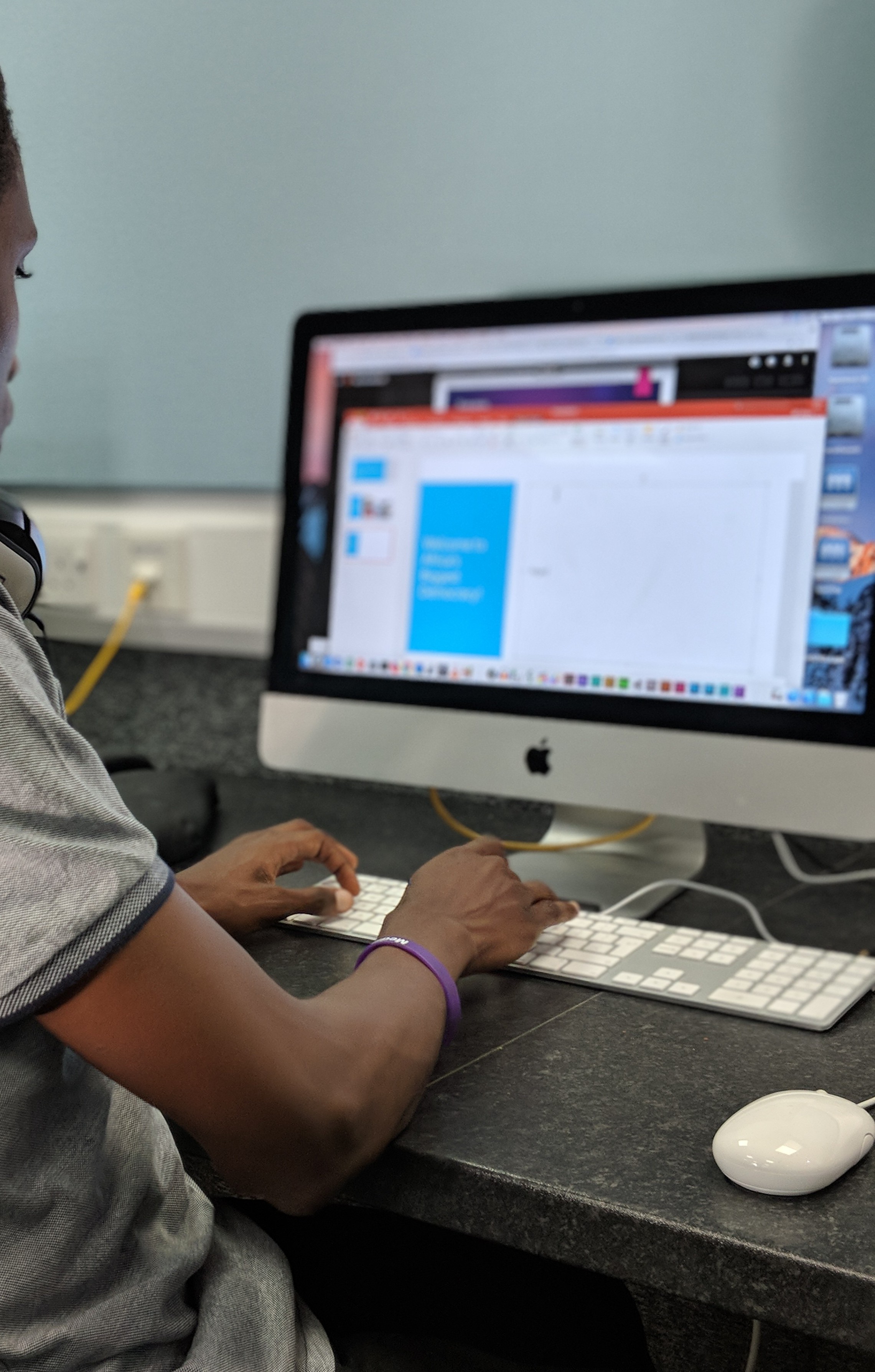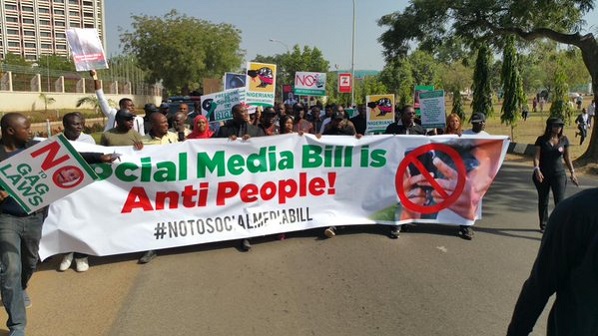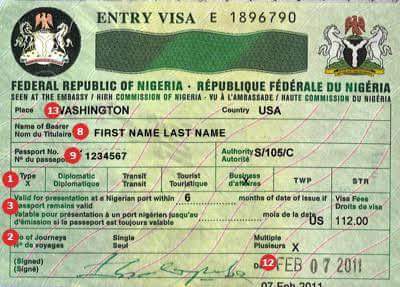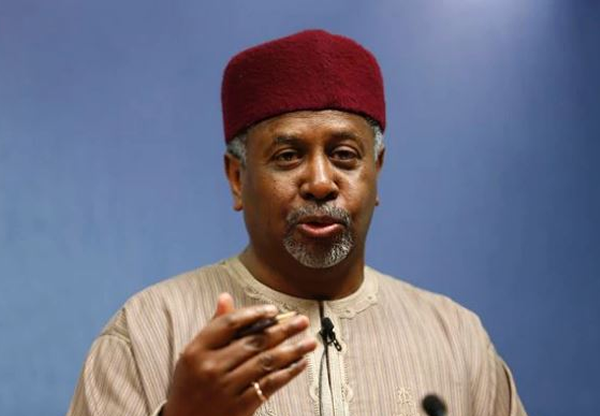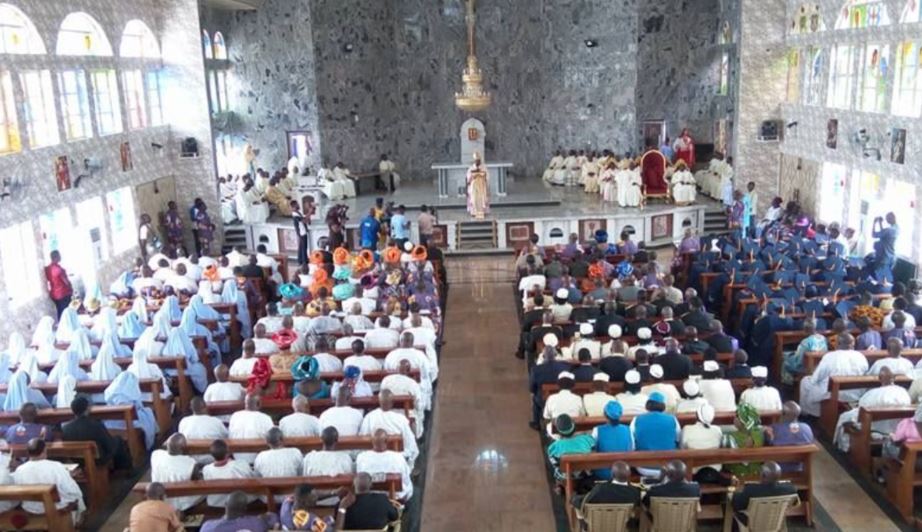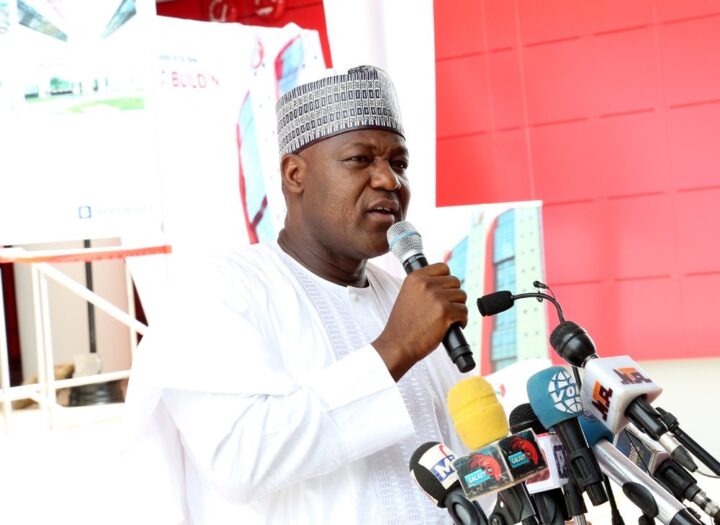BY TEMI BAMGBOSE
On October 19, 1986, one of the strongest voices in the Nigeria media was brutally silenced. Dele Giwa, the then editor of Newswatch magazine, had received a mail which exploded and wounded him fatally on opening it. Giwa may not have been the first journalist to pay the ultimate price because of his work as a journalist, but he was the first in Nigeria to be killed with such technology. The intrigues that led up to the journalist’s death also involved technology such as wiretapping and bugging that was relatively new to the country at that time.
Notwithstanding the cruel killing of Dele Giwa, the nation’s press has not relented, so has its persecutors remained resolute with their persecution. In the last 30 years, hundreds if not thousands of clamp-downs have been unleashed on the press both as individuals and as organisations. According to Premium Times Center for Investigative Journalism’s Press Attack Tracker, over 300 incidents have been recorded, putting the average at 10 per annum less unreported incidents. While some of these attacks are carried out by groups or individuals rattled by media reports, many others are done by political powers and agencies wielding extrajudicial state authority with impunity.
More recent attacks are not only aimed at intimidating journalists through physical and emotional abuse, they are also targeted at getting to their sources, perhaps to silence them all together, using advanced forensic technology.
Advertisement
Bukola Adedigba of Premium Times newspaper was a victim of this brand of attack. After several threats and false accusations in August 2019, Adedigba honoured an invitation to the police station. Amidst vicious rough handling on arrival, the officers promptly dispossessed her of her Gionee X6 phone and for the next four hours the phone was taken away.
“Obviously, my phone was their main target,” Adedigba said. “When they returned to where I was kept, they came with my phone asking questions about my contact on the phone.”
Thereafter the harassment died down. Nothing was ever mentioned about “criminal conspiracy, cybercrime, attempted kidnapping and fraudulent act,” trumped-up charges, on which she was initially invited. She hardly touches the phone anymore on suspicion that spywares may have been installed on it.
Advertisement
Daily Trust’s Hamzat Idris and Uthman Abubakar had a similar but farther-reaching experience earlier. Idris described it as a siege on the newspaper’s corporate headquarters in Abuja, Nigeria’s capital in January, 2019.
“I was the politics editor at the time,” Idris recounted. “My colleague and I authored a story, I think the headline is something like ‘Military plans to retake Baga from Boko Haram‘ and they found it offensive.”
The military, along with the police and the Department of State Security, stormed the newspaper’s office seizing several desktop and laptop computers. Abubakar was arrested. His two phones, along with his computer, was seized. But Idris narrowly escaped. After several weeks of holding on to them, the computers were finally returned to the newspaper. But the management knew better than to use the systems again.
“The ICT department in our company checked the systems and recommended that we should not use them any more. The company spent a lot in buying new ones,” Idris revealed.
Advertisement
Adedigba, Idris, Abubakar and many others whose journalistic equipment has been separated from them while in custody are sure that forensic scans intended on taking hold of information, especially about their sources, have been carried out on their phones. They have good reason to think so as their captors often interrogated them about their sources and contacts in addition to seizing their equipment.
Advanced forensic technology capable of bypassing passwords and security on phones and computers are the prime exports of Israeli company, Cellebrite and U.S.-based company, AccessData to Nigeria, a report by the Community to Protect Journalists (CPJ) revealed. One of the case studies on the Israeli company’s website tells about a “Nigerian drug lord” who was apprehended using metadata from photos obviously taken with his phone. An individual within the country’s law enforcement who is concerned about the possible misuse of the forensic technologies told CPJ that security forces use Universal Forensic Extraction Device (UFED) and Forensic Toolkit (FTK) to retrieve information from devices.
The fear of possible misuse — for gagging the press and its sources — are not unfounded. In December 2017, two Reuters journalists, Wa Lone and Kyaw Soe Oo, were arrested and imprisoned for more than 500 days by Myanmar Police on the accusation that they possessed state secrets with the intention of using it. At the time of their arrests, they had been working on an investigation into the killing of 10 Rohingya Muslim men and boys in a village in Myanmar’s Rakhine state. The documents used against them in court were pulled from their phone using Cellebrite’s technology, The Washington Post reported citing the defence lawyer’s account.
Access to these kinds of technology, along with the impending Social Media bill, sponsored by Senator Muhammad Sani Musa and the Hate Speech bill by Senator Abdullahi Aliyu Sabi would make a dreadfully formidable combination for gagging free press in the country with over 181 million people. Out of its 59 years of existence as a country, Nigeria has had 29 years of military rule. In the last 20 years, two (including the sitting president) of the four democratically elected presidents of the country have ruled in the past as military heads of state.
Advertisement
Despite the relative freedom the press has enjoyed since the end of military rule in 1999, the indications currently are still ominous. Along with Adedigba, Idris and Abubakar; Samuel Ogundipe, Abiri Jones, Agba Jalingo and many others who have been imprisoned and harassed for doing their jobs as journalists understand it better. Reflecting on the whole situation and fearing eventualities like Dele Giwa, one would agree with Idris who sums it up as very sad and dangerous. It portends doom for credible journalism, including privacy of journalists which are key to a free society and to holding regimes to account.
Advertisement
Views expressed by contributors are strictly personal and not of TheCable.
